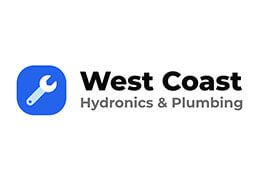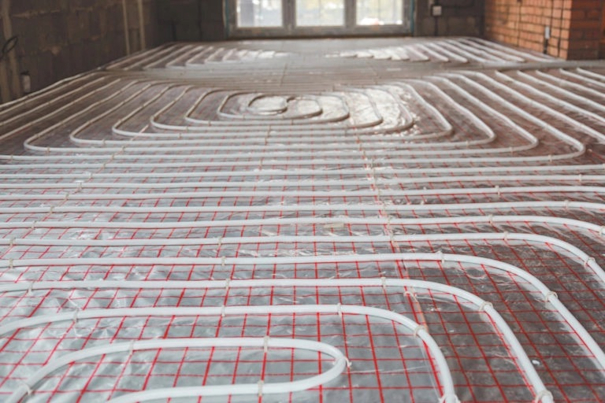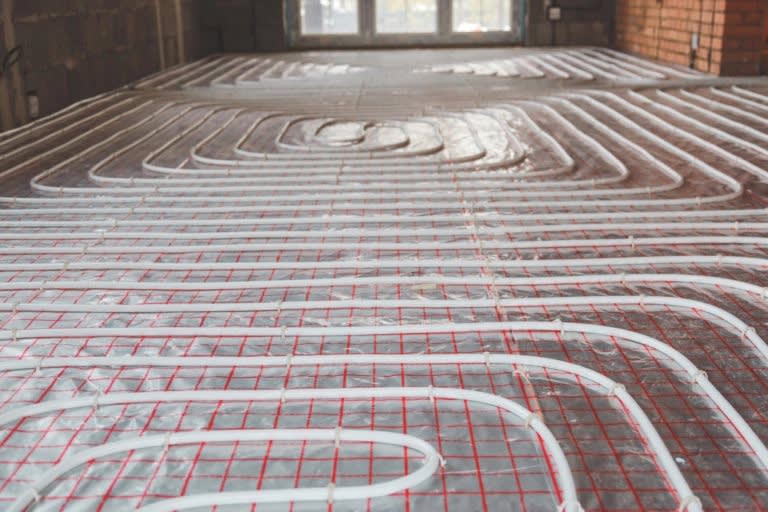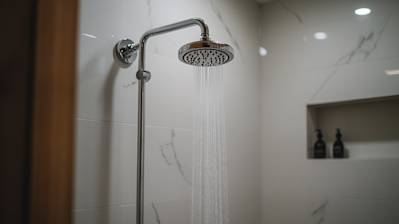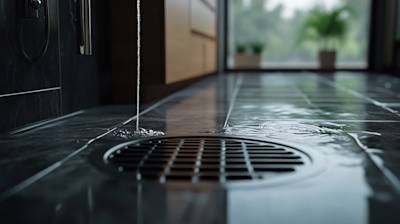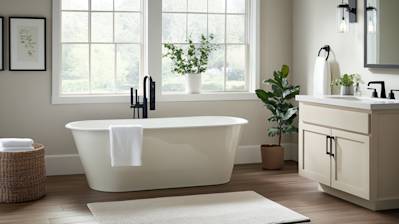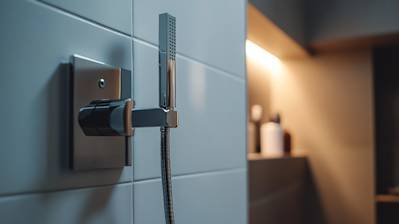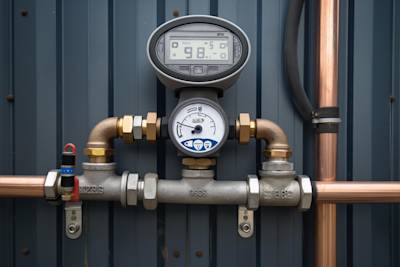Pros and Cons of Radiant Floor Heating
Floor heating, often termed radiant floor heating, is a high-end house amenity that is becoming increasingly popular in new construction and renovations aimed at creating a healthy, aesthetically pleasing home. Many companies and contractors use the latest technology to install these systems in your home.
Even though underfloor heating is the most comfortable way to keep your feet toasty, is it worth the extra money and hassle? Or is it better to utilize old-fashioned radiators to keep your home warm? Radiant floor heating's benefits and drawbacks are explored in this blog post.
We'll begin with the positives and then move on to the negatives of radiant floor heating.
Radiant Floor Heating Benefits
1. Heating That Is Energy Efficient
Water and electric radiant floor heating systems are the two primary categories. These systems heat a room uniformly and efficiently from the ground up. Electric underfloor heating warms the wiring under the floor instead of running hot water via pipes to produce heat.
It takes a lot of energy and money to heat a whole room with conventional radiators, while using electric underfloor heating only requires a temperature less than or equal to 29 degrees Celsius to warm the room.
As a result, radiator-heated rooms tend to have "cold patches," where the air feels frigid in the middle of a room while being extremely hot where radiators are located. If you open the window above the radiator to allow in some fresh air, you're letting all of the extra energy you paid to warm the house go to waste. Radiant heat through electric underfloor heating warms a space evenly from the floor, eliminating cold patches and stuffiness in the heated area.
Electric underfloor heating does not overheat like traditional radiators, which can cause a room to be too cold or too hot at different times. Instead, it maintains the temperature you choose using an on-the-wall thermostat.
Because of how effectively it warms a house, radiant heat can save a homeowner up to 15% on their heating costs. Electric underfloor heating has multiple benefits, giving it more edge over conventional heating. Many contractors and companies provide you with information to choose the most suitable option.
2. Easy to Run
Underfloor heating is virtually maintenance-free once installed by the contractor, and companies usually provide 30-year guarantee backs for your complete satisfaction. A Smart WiFi Thermostat or a programmable thermostat can be used with the West Coast Hydronics & Plumbing heating controllers to ensure that your heating operates most efficiently, either automatically or at pre-programmed times giving you a choice to turn the heating off at night.
3. More Space And Design Flexibility
Radiant floor heating allows you to enjoy your entire room without the use of radiators on the walls. Imagine the design freedom you have with heated flooring - you may adorn the walls whatever you want, to create a statement or achieve a minimalist look, whatever your style, and without having to plan around radiators.
4. Compatible With All Types Of Flooring
Underfloor heating allows you to construct your home however you want, taking advantage of every inch of wall and floor space. You may still choose the type of flooring you want because floor heating works with laminate, wood, tile, stone, carpet, and more. All the help for choosing additional things is provided by companies and contractors.
5. Installation Ease
The installation of an underfloor heating system is quite simple, especially if it is done as part of a new construction or renovation. With West Coast Hydronics & Plumbing's solution, you can do it yourself because the mesh is pre-spaced and ready to be laid out in position, making the installation an easy DIY job. This saves the hassle of planning out things with contractors and companies. In addition, the rooms will be easier to maintain dust-free without the radiator's nooks and crannies.
Drawbacks of Floor Heating With Radiant Energy
1. The Cost Of Installation
Depending on the sort of system you select for your house, a safe cost projection range is between $10 and $20 per square foot. In addition to the installation, you'll need to hire a licensed electrician to connect the system to your power supply. You need a lot of budget to hire contractors or companies. This might take a few hours and cost anywhere from $200 to $250, depending on which contractors or companies you choose and where you reside.
As a result, an electrical system can cost as little as $500 to as much as $1,500 in labor, depending on the level of expertise necessary.
Typically, water-based systems are implemented during the construction or restoration and cost two or three times as much as an electrical system.
2. Duration Of The Installation
If you have an electric underfloor heating system, you may need to apply a self-leveling compound on top of it before the floor covering can be installed — this often takes a day or two. It takes longer to install water-based underfloor heating, but this isn't a significant deal because it's usually part of a larger building or renovation job done by companies and is generally completed within a week.
3. Problems With Floor Height
Floor heating systems, on average, raise the height of the floor in a room by less than half an inch. Additionally, you may want to consider installing insulating boards beneath the heating equipment to ensure that all heat is directed upwards rather than downwards. Insulation boards will add around an inch to the overall height.
On the other hand, West Coast Hydronics & Plumbing's electric underfloor heating system has incredibly tiny cabling attached to the mesh. As a result, it will not considerably elevate the floor height. Other companies or contractors might not provide you with this option.
Conclusion: Is Radiant Floor Heating Worth The Investment?
A cost-effective and straightforward solution to warm your home and keep your feet toasty is to install electric underfloor heating. As a homeowner, you can rely on the expertise of design companies and contractors to help you find a solution that meets your goals and works with your property. There are various options for installing radiant heating that are less expensive than standard radiators. Still, you should bear in mind that underfloor heating can save you a lot of money in the long run on your energy costs.
Radiant floor heating is a great option to consider while upgrading your bathroom. If you're going to be removing and replacing the flooring anyhow, you'll save a lot of money on hiring contractors or companies. In the long run, running the system will save you money on your heating expenses and provide you with more comfort.
